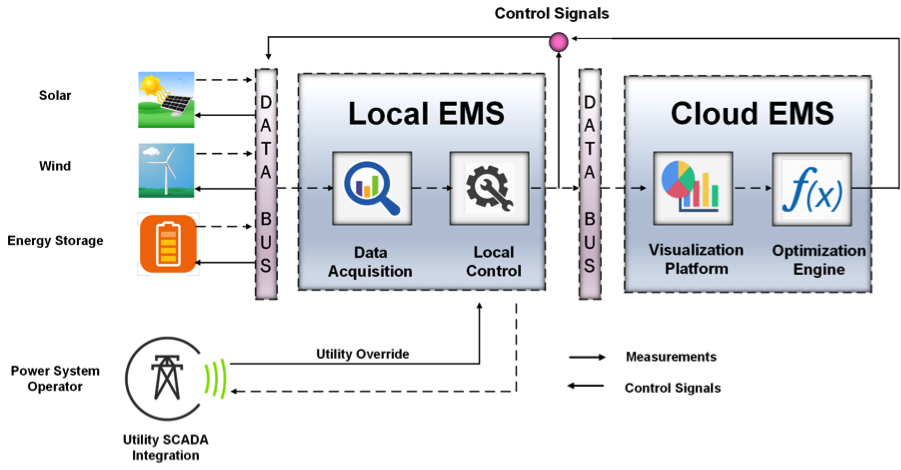
Unlocking the Potential: A Deep Dive into Renewable Energy Management
Renewable energy is a cornerstone of sustainable development, and efficient management is key to harnessing its full potential. In this article, we explore the significance of Renewable Energy Management and its role in shaping a greener future.
The Importance of Renewable Energy
Renewable energy sources, such as solar, wind, and hydropower, are crucial components of a sustainable energy landscape. Their ability to replenish naturally makes them an attractive alternative to finite, non-renewable resources. However, realizing their benefits requires effective management strategies.
Maximizing Efficiency through Technology
In the realm of Renewable Energy Management, technological advancements play a pivotal role. Smart grids, IoT devices, and advanced analytics contribute to optimizing energy production and distribution. These technologies enable real-time monitoring, reducing waste and enhancing overall efficiency.
Energy Storage Solutions
One of the challenges with renewable energy is its intermittent nature. Energy storage solutions address this issue by allowing excess energy to be stored for later use. Batteries, pumped hydro storage, and other innovations in energy storage contribute significantly to stabilizing the grid and ensuring a constant power supply.
Grid Integration for Seamless Operation
Integrating renewable energy into existing grids is a complex but necessary task. Proper Renewable Energy Management involves developing smart grid systems that can handle the variability of renewable sources. This integration ensures a reliable and resilient energy infrastructure.
Data-Driven Decision Making
The advent of big data and analytics has revolutionized Renewable Energy Management. Analyzing vast amounts of data helps in predicting energy demand patterns, optimizing system performance, and identifying areas for improvement. Data-driven decision-making is integral to achieving greater efficiency in renewable energy utilization.
Government Policies and Incentives
Government support is instrumental in promoting the adoption of renewable energy. Policies that incentivize businesses and individuals to invest in clean energy, coupled with subsidies and tax benefits, create a conducive environment for the growth of renewable technologies.
Renewable Energy Management in Business
Businesses are increasingly recognizing the importance of sustainable practices, including efficient energy management. Implementing Renewable Energy Management strategies not only aligns with corporate social responsibility but also results in cost savings over the long term.
Community Engagement for Sustainable Practices
Educating and engaging communities is vital for the success of renewable energy initiatives. Public awareness campaigns can encourage energy-saving practices at the individual and community levels, fostering a collective commitment to a sustainable energy future.
Challenges and Solutions
While renewable energy presents numerous advantages, challenges such as intermittency, grid stability, and initial investment costs exist. Innovative solutions, research, and collaborative efforts are crucial in overcoming these challenges and advancing the field of Renewable Energy Management.
Renewable Energy Management for a Greener Tomorrow
In conclusion, effective Renewable Energy Management is pivotal for transitioning towards a sustainable and eco-friendly future. It requires a combination of technological innovation, policy support, and community involvement. To explore how businesses are implementing Renewable Energy Management strategies, visit Renewable Energy Management for insights into the transformative impact on sustainability and efficiency.









